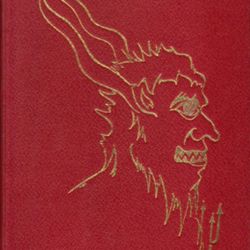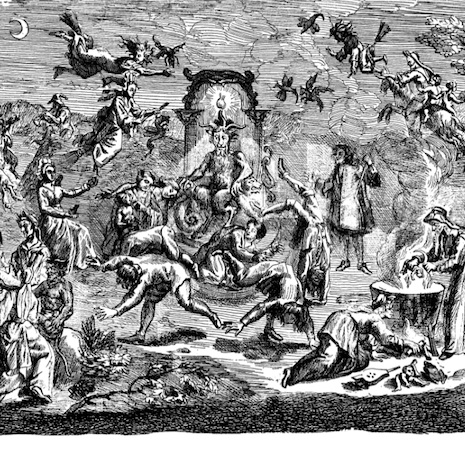

What may have been overlooked amid the clamor by interested philosophers is that the only men who are free from superstitions are faithful children of the Church, because they alone possess the truth. Suffice it to add, without any fear of denial, for the Church alone has the means and graces needed to address these aberrations so often dangerous and always abominable. Thousands must meet this need of testimony. The Council of Trent, after condemning these various errors, formally ordered the bishops to defend the faithful from anything that can bring them to superstition and the next scandal. The provincial council held at Toulouse in 1590 ordered the confessors and preachers to uproot by frequent exhortations and solid reasons, the superstitious ignorance of religion that was introduced into practice. The fourth council of Carthage excludes them from the congregation. Pope Leo X proclaimed those engaged in divination and other superstitious practices as infamy. He condemned Origen more strongly and with more weight than encyclopaedists. To cite only a few testimonials, Augustine says that superstitions are the reproach of mankind. So he completely redesigned the work, recognizing that superstitions, crazy beliefs, science and occult practices, more or less tacit insurrections against the religion came as deserters of faith or heresy or schism, or lines less defined.Īny man who studies history with righteous intentions recognizes that the Church constantly struggles against superstitions and infernal trickery It never stops shedding light on false beliefs about foolish fears and the dangerous practices of doctor’s secret sciences. There he had studied till 1841, until finally realizing the light was missing and found only in the unwavering and always safe doctrines. He wanted the truth out of the source, instead of relying on the unalterable Church, he was dazzled by the light of a proud philosophy without authority, whose teachings have misled frivolous minds for a very long time.

We say “this new edition,” because, in the first two published in 1818 and in 1825, the author, fighting the huge phalanx of popular errors and mysterious deceptions, fell deep into fatal distraction.

The money, pain and risk are not required by this new edition of the Infernal Dictionary. Before now, the reader who wanted to navigate this mysterious maze of distorted, misleading beliefs, was required to seek out and collect many rare books with little subject matter, spend years and large sums of money researching and risking his faith on many occasions. Materials that are generally, with few exceptions, indigestible clusters of extravagant ideas, incomplete compilations, interminable discussions, and disordered or bad books in every sense of the word. The works of which, before this book, have addressed these varied and extremely numerous materials. The Church, whose torch never fades, can be a sure guide in these eccentricities. The immense collection of materials that compiles the Infernal Dictionary includes confusing aberrations and erroneous origins that almost always grazes the truth. Here is the preface as translated from the 1863 edition of the Dictionnaire Infernal.


 0 kommentar(er)
0 kommentar(er)
